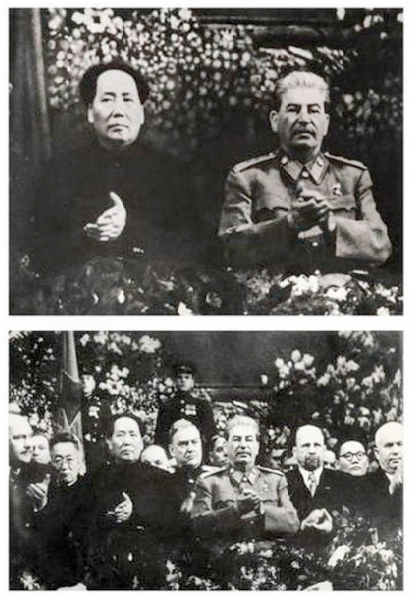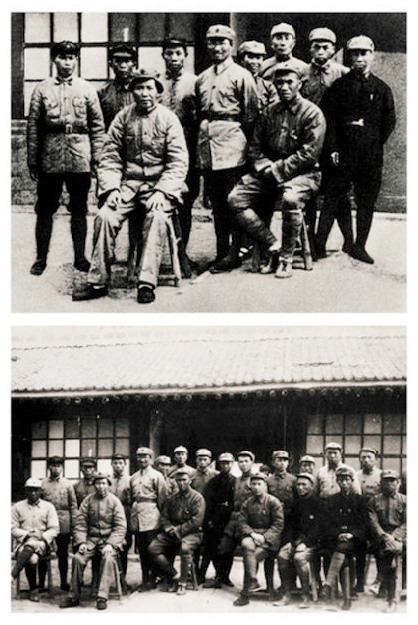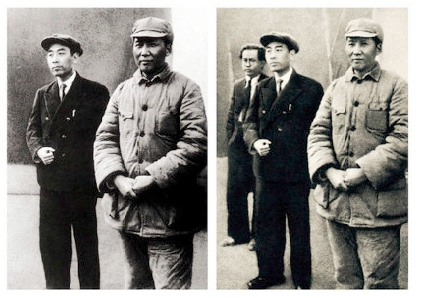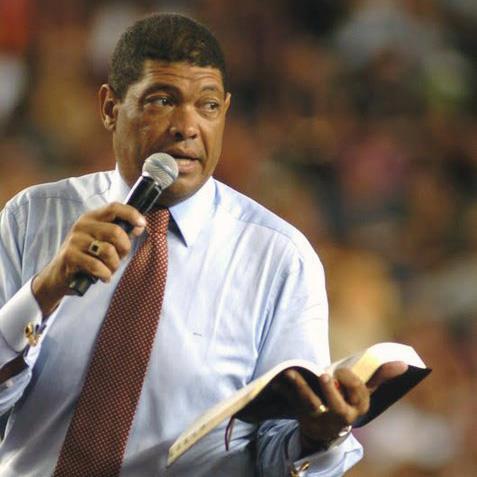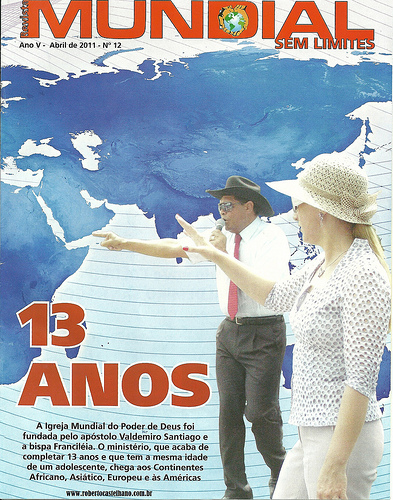On January 19, 2013, a gunman attacked Ahmed Dogan, the founder of the Movement for Rights and Freedoms (MRF), described by some politicians as Bulgaria's “Turkish party,” as he was delivering a speech at a televised party conference in Sofia. No shots were fired, and the gunman was beaten by MRF members, while security guards acted slowly.
The politician
In 1985, Dogan was among the founders of the National Freedom Movement, which reacted against the “Process of Rebirth” (Възродителен процес), a campaign by the Bulgarian Communist Party to assimilate the Turkish minority by forcing the Pomaks and Bulgarian Turks to adopt Slavic-sounding names. Over 300,000 families were forced to leave Bulgaria back then. There are 67,000 Pomaks in Bulgaria now, and the Turkish minority is the country's largest ethnic minority.
After the incident, Dogan resigned as MRF's leader, the post he had held since 1990.
The failed assassin
The attacker, Oktay Enimehmedov, is an ethnic Turk who purchased a gas gun a few days earlier. Later it became known that he had written a suicide note to his mother, in which he suggested that he might be killed. Enimehmedov's friends told the media he was a good man who never caused problems to others. However, the attacker is well-known to the police in the coastal city of Burgas as a perpetrator of minor crimes.
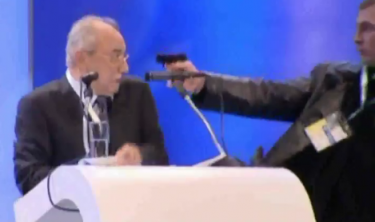
A screenshot of the footage of the Jan. 19 televised attack on Ahmed Dogan.
Was it staged?
The assassination attempt has provoked many reactions by Bulgarian politicians and netizens - and some of them seem convinced that the attack was staged.
A leftist journalist, Alexander Simov, wrote this [bg] on his blog:
I'm not sure if people realize just how dangerous what happened at the MRF conference really was.
[…]
Everything in Bulgaria is a big stage play - a stage play of democracy, of political parties, of normalization and decency.
[…]
We've witnessed an assassination attempt on an acting Bulgarian politician, for the first time since the dreadful date of October 2, 1996, when the ex-Prime Minister [Andrey Lukanov] was shot dead in front of his home. This raises the question of whether these past 17 years of transition have actually happened at all. The murder in 1996 and the assassination attempt today will surely be linked in all political analyses, which demonstrates in practice how the transition is still stuck at its starting point.
[…]
Some people actually felt sympathy towards the (would-be) killer – it's as if they felt he was pointing a gun at the transition itself. […]
Simov continues, asking this:
Where was the Interior Minister this whole time? Why did it take so long for him to make a statement? Why didn't he make one immediately? Was the National Service for Protection asleep this whole time? Why did they mix up their stories so badly? How was someone with a criminal record ever allowed to come up on the stage?”
Bulgarian blogger Konstantin Pavlov (@Komitata) wrote [bg] on his blog:
Who benefits and who loses from the whole ordeal?
The MRF will benefit – its hundreds of thousands of supporters will once again feel threatened and under siege, and the party ranks will be brought into line for the upcoming elections. It won't be a surprise if we see a record turnout.
The [far-right Attack Party] and similar formations will benefit, because they now have new arguments against the vicious nature of the MRF and the degradation of its leadership.
The police state, the cops and similar political-economic elements will benefit as well.
The biggest loser in all of this is the National Service for Protection and the political leadership of the country, which has shown its full inadequacy in the tasks it should perform.
The big picture
Nelly Alexieva commented [bg] that the attack might have an effect on Bulgaria's image:
No one bothered to ask what motives this young man would have to shoot Dogan. That's because no one believed his stated motives to begin with. The performance was all too theatrical. But it did draw public attention to the MRF and its Conference.
Comments and opinions have been pouring all day on who benefits from this stage play.
One thing is for certain – Bulgaria's image stands to lose from all this.
The author of “Rusensko vareno” blog described [bg] what happened as a “circus”:
[…]
1. A few days ago Dogan declares that people are to expect big surprises on Saturday, i.e. today.
2. On Saturday, i.e. today, a would-be punk-thug stages an assassination attempt on Dogan.
3. Ahmed Dogan resigns.
4. [Lyutvi Mestan] is elected chairman of the MRF with 100% of the votes.
5. Dogan is appointed honorary president of the party for life.
Alexander Lyutov wrote [bg] on his blog:
Much like the Gulf War, we saw a real action movie unfold before our eye, shot by a camera that no one seemed to get in the way of, not even accidentally, as security guards, but mainly MRF delegates were starting to maul the assailant. […] The European observers at the MRF conference evidently couldn't stand the barbaric display and seemed to have lost their sound and picture.
It's clear that the upcoming [Jan. 27 referendum on building a new nuclear power plant] is no longer on our minds.
User Stoyan wrote this [bg] on The Other Truth blog:
[…] It's my opinion, and a lot of people seem to share it, that the idea behind this staged attack was to bring the ranks of the party into line. If you remember, the MRF lost many municipalities in the last elections, as a big portion of their supporters broke away from the party. Clearly, the season of negative campaigning starts today. MRF delegates were shouting for the resignation of [Interior Minister Tsvetan Tsvetanov], and other things of that kind. In other words, the MRF will be blaming the Prime Minister for what happened, he in turn will be blaming [Sergei Stanishev, the leader of the socialists], perhaps Stanishev will start blaming Dogan, and so on. […]
On Twitter, some of the reactions were as merciless.
@therealgenadi wrote [bg]:
the next assassination attempt against Dogan will be more serious - with a Star Wars sword bought at a toy store.
@DidiGK wrote [bg]:
I bet Dogan has organized this attack against himself. Like Berlusconi. Garbage next to garbage.
@asengenov wrote [bg]:
The janissaries who kicked and jumped on the head of Dogan's “attacker” must to be sued for moderate and severe injuries and attempted murder.
Jonathan Allen, the British Ambassador to Bulgaria, tweeted this comment [bg] about the attack on Dogan:
I hear that someone has attacked Mr. Dogan. I hope he feels okay. Democracy means disputes, but with words and ideas.
via Global Voices » Feature http://globalvoicesonline.org/2013/01/22/bulgarias-image-stands-to-lose-due-to-attack-on-politician/


